Introduction
The recent economic situation in the United States is grim. Although the employment rate is gradually recovering, inflation has also warmed up again. Looking at the changes in core CPI, the trend of inflation warming up may limit the extent of the Federal Reserve's interest rate cuts.
However, facing the current economic situation, "high inflation VS high interest rates" has become the stumbling block for the turning point of the U.S. economy, and the Federal Reserve has no choice but to start considering the issue of interest rate cuts.
Consumers' purchasing power is continuously declining. According to the latest survey data from the Federal Reserve, Americans' expectations for their future have reached the lowest point, and the expectation of debt default has also risen to the highest level since the epidemic.
For the Federal Reserve, controlling inflation is the top priority, but interest rate cuts cannot fundamentally control inflation. Even if interest rates are cut, what economic creation ability does it have?
The expectation of debt default has risen to the highest level since the epidemic.
The United States has recently experienced the largest increase in the U.S. economy in half a year. Looking at the performance of the U.S. stock market, Americans also believe that their "life has returned to normal."
Especially during the epidemic in the United States, when the U.S. stock market rose the most, it also led to a significant increase in household net worth.
However, looking at the data of per capita household assets in the United States for decades, 90% are used for "retirement."
But this retirement asset does not mean that Americans are wealthy. It only means that Americans are proficient in finance, so they will allocate assets reasonably, such as investing idle money into the stock market to earn interest.However, taking out the money will reveal that nearly 50% of the average American household's assets are "encroached" by debt, with the vast majority being occupied by credit card overdrafts. Even at the most critical times of the global pandemic, more than half of Americans still have a "very optimistic" view of their future, believing that the economy will rebound after the pandemic, which is why they continue to overdraft their credit cards for consumption.
But as inflation becomes increasingly severe, even if the stock market picks up, it cannot withstand the reduction in purchasing power brought about by rising prices. Ultimately, both the stock market and consumer goods return to pre-pandemic levels. This leads to the perception that the debt burden of Americans during inflation has become "increasingly heavy," especially for large purchases, which cannot be paid for after consumption like small purchases, where payment is completed before the bill is paid.
So most Americans either pay in full at once or pay in installments. For the middle class, if they have money, it's fine, but if they have financial burdens, they can only use credit cards to complete the payment first. However, under the influence of high prices, the middle class will also choose not to buy and wait until they have no money, and in this case, overdraft credit cards have become the main reason for arrears, so more and more Americans are falling into arrears.
Some low-income families can't even afford to overdraft their credit cards and are forced to accept usurious loans and other unscrupulous practices, eventually becoming economically distressed. What's more worrying is that Americans are now mainly overdrafting their credit cards, and due to late repayments, they ultimately end up with poor personal credit ratings, which makes it more troublesome when they want to apply for loans in the future.
However, overdrafting credit cards for consumption has become a normal part of American consumption, so the concern about falling into arrears is gradually increasing.Consumers' expectations for the future have diminished.
Despite the fact that Americans' net worth and liquid assets are not low, this does not mean that their financial situation is optimistic.
From the financial crisis to the pandemic, Americans' financial conditions have been unstable, especially with 71% of Americans today considering their financial situation to be "not optimistic," rather than "optimistic" or "pessimistic."
Consumers' expectations for the future have significantly decreased, particularly their ability to consume at the end of the year, which may be greatly affected.
At first glance, it seems that the purchasing power of the US dollar has increased a lot, so end-of-year consumption should not be lacking. However, in reality, the purchasing power of the dollar has not increased; instead, the high cost of goods has reduced the value of the dollar.
Moreover, each year, a large number of consumers spend during the end-of-year season, with 93% of Americans considering themselves wealthy during this period, and the proportion of those who believe their financial situation is good is increasingly rising.
However, during the pandemic, this proportion once rose to 93%, but after the pandemic or when inflation is high, this proportion has dropped to 46%, almost halved.
It can be said that the consumption capacity of most families is declining.
For Americans, inflation is mainly reflected in the cost of living, so its impact on the overall American society is not significant.
So, how do Americans view the issue of inflation?For instance, Chinese people believe that "it's easy for prices to rise, but hard for them to fall," but American families do not share this view.
Americans think: "it's normal for prices to rise, and getting a discount makes it feel like a good deal; it's the price drop that's the strange behavior."
Therefore, Americans consider price increases to be normal, so even in a high inflation environment, consumers do not have such a pessimistic outlook for the future.
However, due to the impact of high inflation and high interest rates, consumers' purchasing power is significantly reduced, especially at the end of the year when it will have a substantial impact on consumption.
American families have a very different value system regarding consumption compared to the Chinese.
But generally speaking, the common people at the grassroots level in both countries share one thing in common: they cannot manage their lives independently and belong to the "moonlight clan" (spending all their income with nothing left at the end of the month).
However, Chinese people would think: "we need to eat with a sense of security," so they would rather eat less but buy organic food.
Americans, on the other hand, might think: "I don't have money, but I want to buy," so they would choose to consume on credit.
Moreover, the credit card overdraft limit in the United States is generally quite high, often with a limit of three to four thousand dollars.
In contrast, the credit card overdraft limit in China is only one to two thousand dollars.Therefore, Americans who overdraw on their consumption should eliminate the concept of overdrawing from the root.
Americans who overdraw on their consumption believe: "If I can make money, of course I can repay the credit card."
The Federal Reserve urgently needs to effectively control inflation.
Whenever the economic development prospects of the United States are optimistic, the U.S. stock market will rise sharply, which leads to a significant increase in the net worth of American households. However, most Americans do not hold a large amount of stocks, so the property of most Americans is not very optimistic. Instead, their debts and financial conditions are gradually deteriorating.
The United States' behavior of borrowing money from the world has shocked countries around the world with the total amount of U.S. debt. However, the debt of American households is not low.
The rise in American household debt is due to the relatively small economic harm.
But in order to stimulate the economy, the Federal Reserve will still lower interest rates.
Moreover, a large part of the United States' debt is held by the middle class and the rich, some of which is due to sudden wealth and some due to overdrawing on consumption.
Although the debt level of Americans continues to grow, the attitude of defaulting on debts is also increasing.
Although the financial situation of most families is not optimistic, they believe that their assets and property conditions are good.Differences between Americans and Chinese:
For Chinese people, the harm of inflation is reflected in the cost of living goods, so Chinese people's year-end consumption will not be greatly affected.
However, the decline in Americans' consumption ability is mainly reflected in year-end spending. Americans believe in the concept of "spend now, pay later," and they prioritize completing payments before settling the bill.
Therefore, most Americans choose to pay in installments.
If they don't have money, they will use their credit cards to go into overdraft to make payments. Under the influence of high inflation, the consumption ability of the middle class is declining.
In today's social context, even though the U.S. stock market has risen significantly and household net worth has increased compared to the past, the financial situation of Americans is still not optimistic.
Conclusion
The U.S. economy is currently "good, medium, and bad," but debt default is a stumbling block. Therefore, even if the U.S. stock market rises and household net worth increases, it does not indicate that Americans' financial situation is good during periods of high inflation.
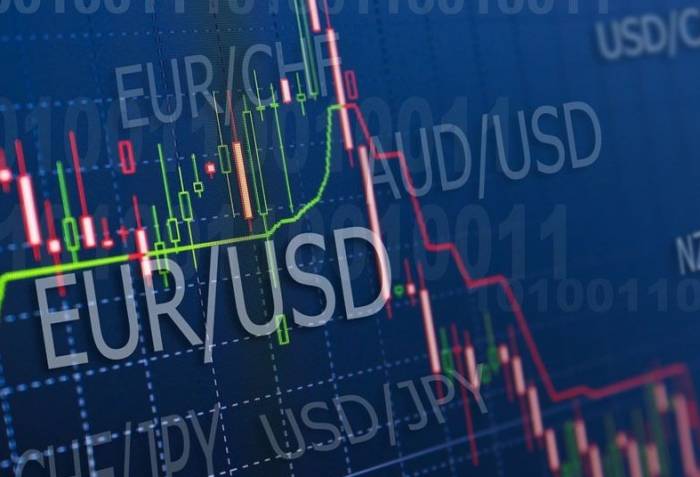


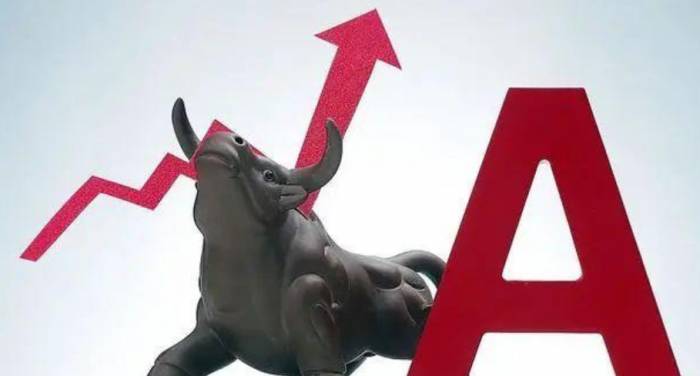



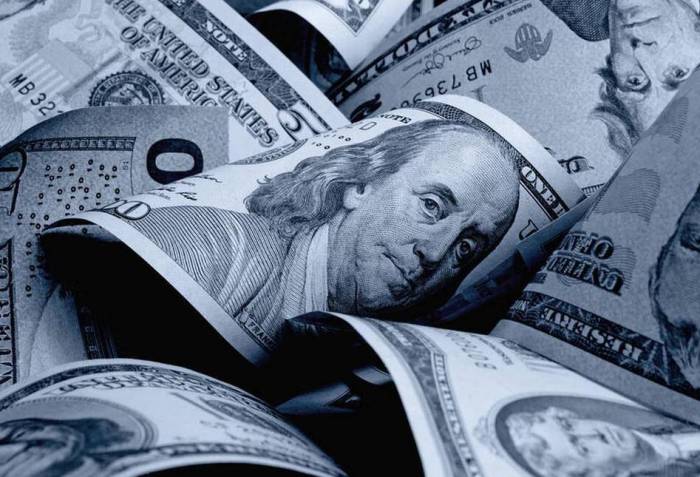

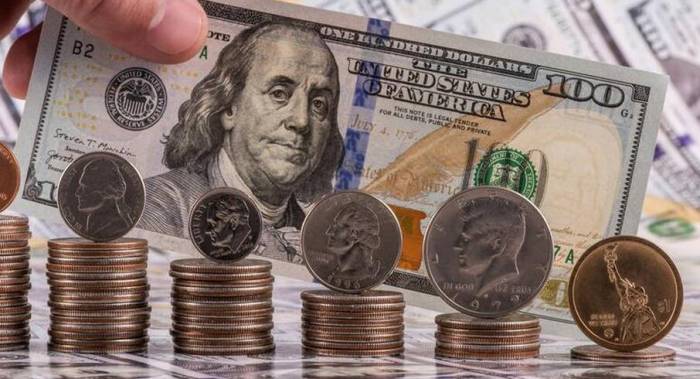
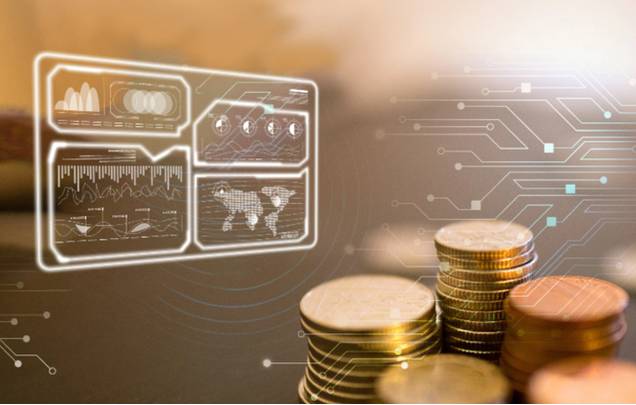
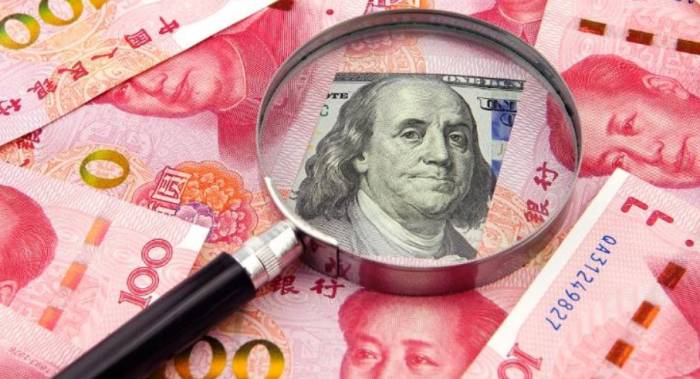

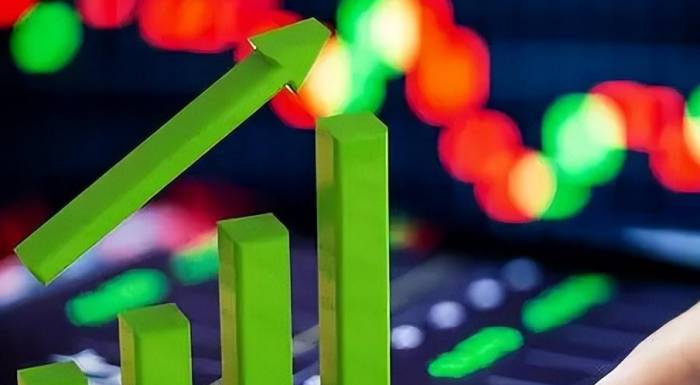

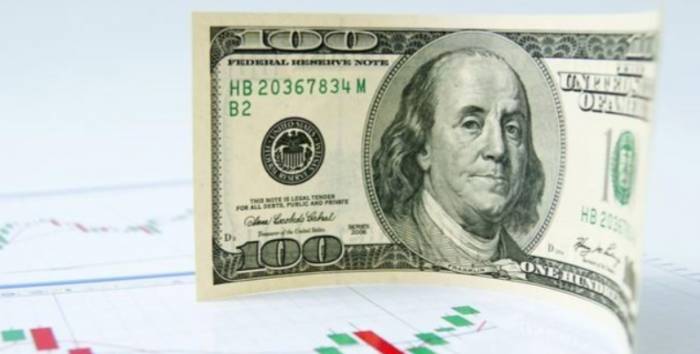
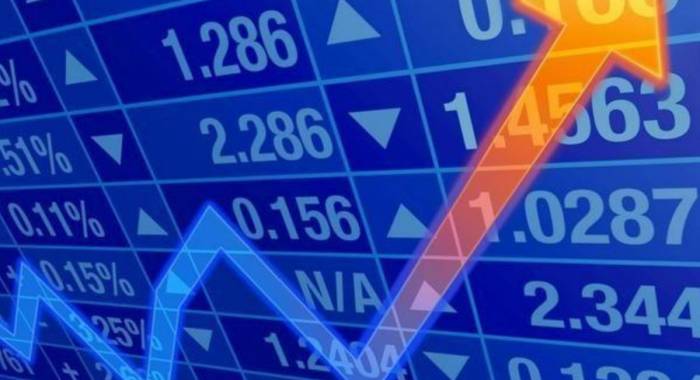
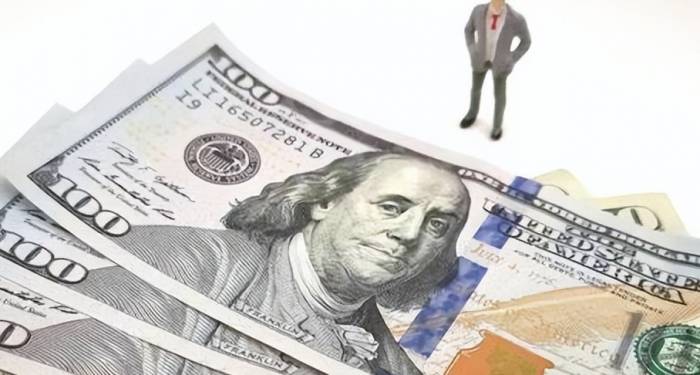

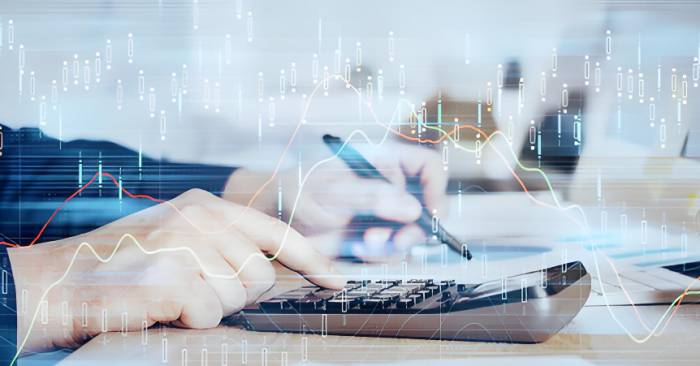


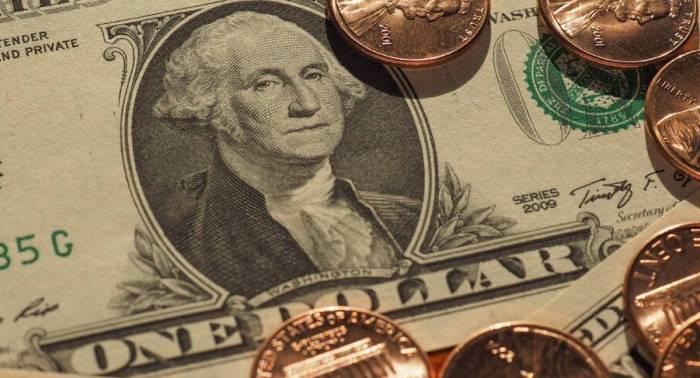
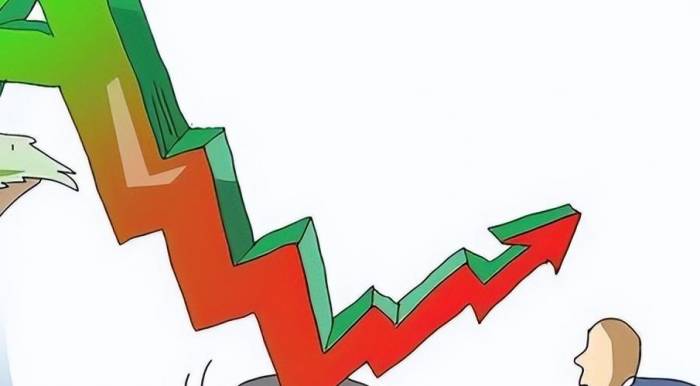
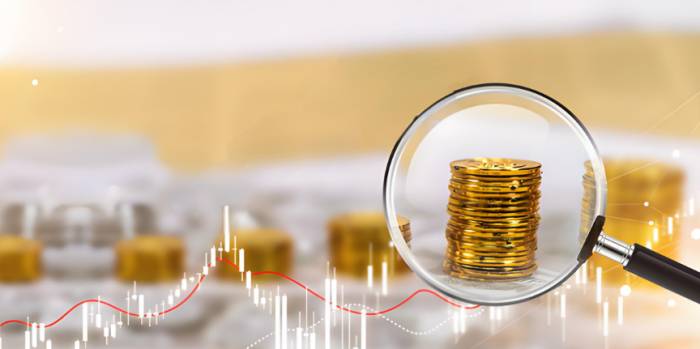

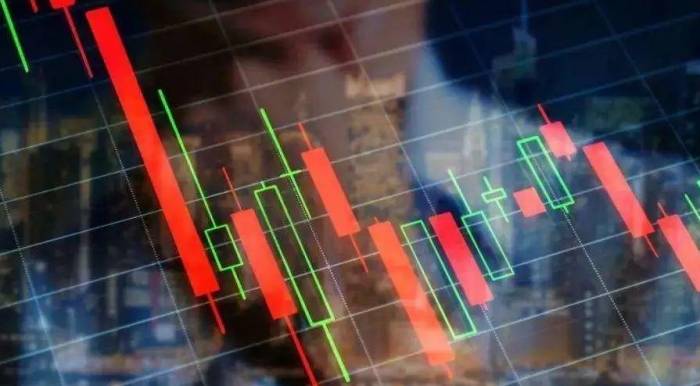


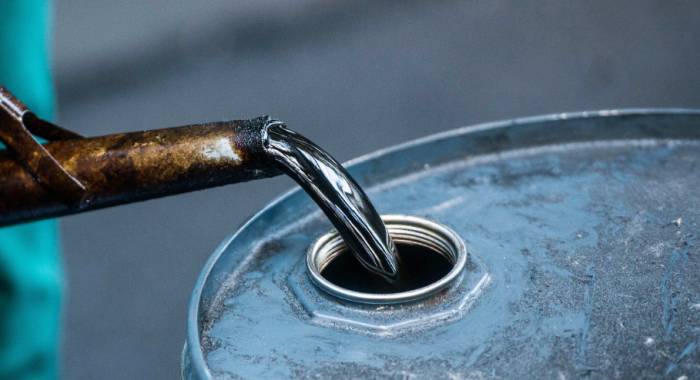
Comments
Join the discussion